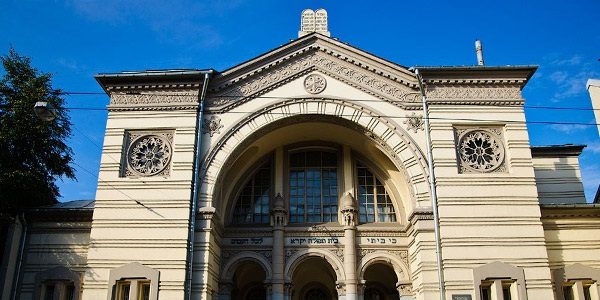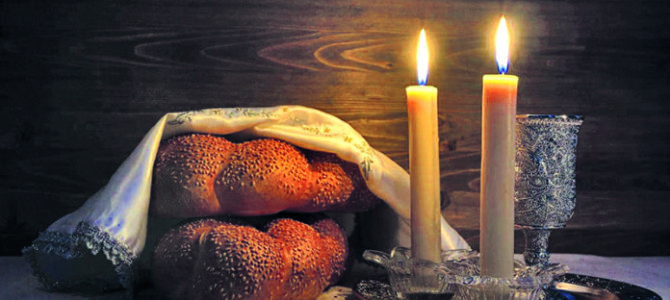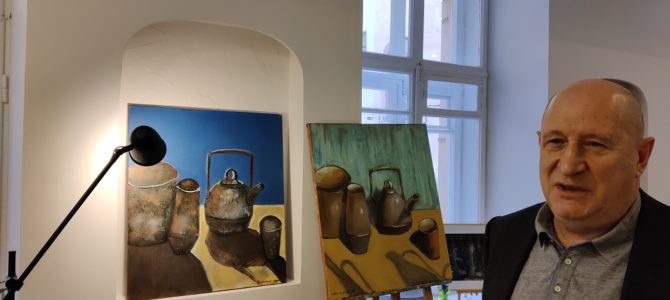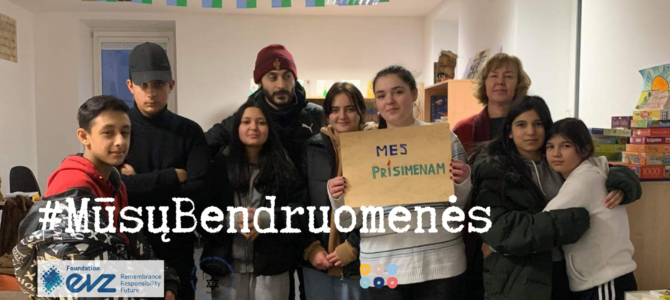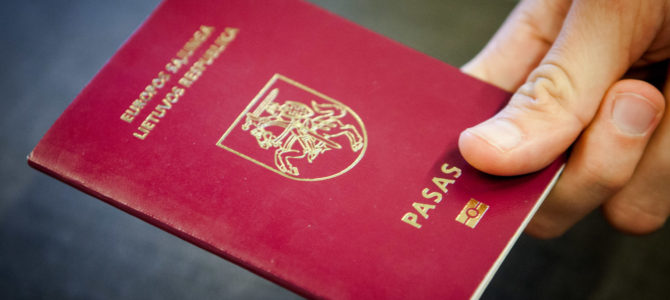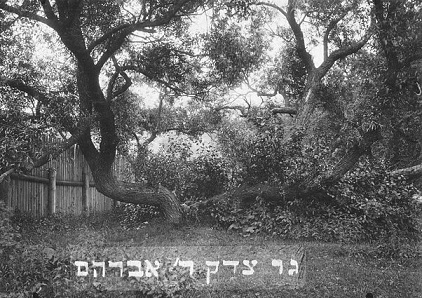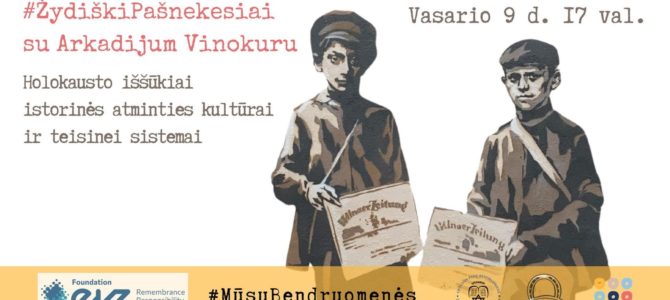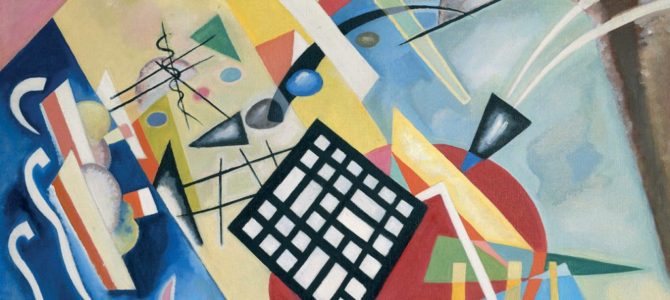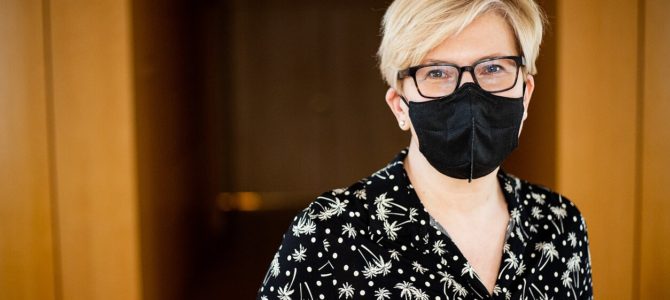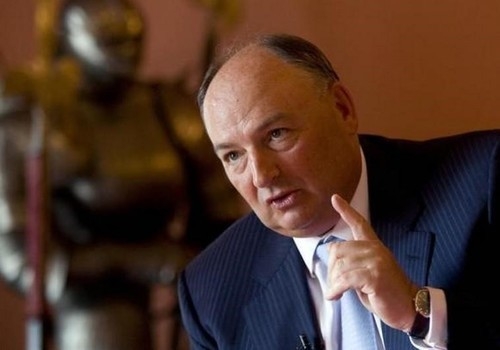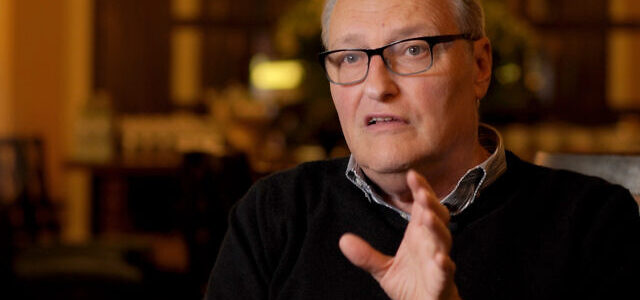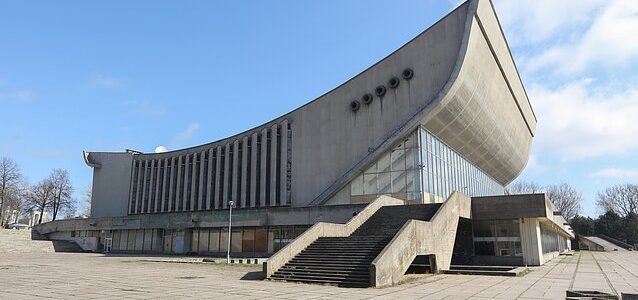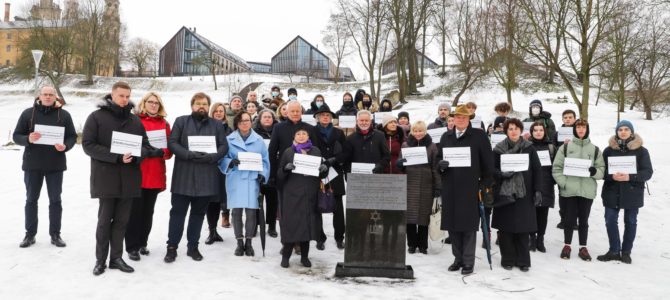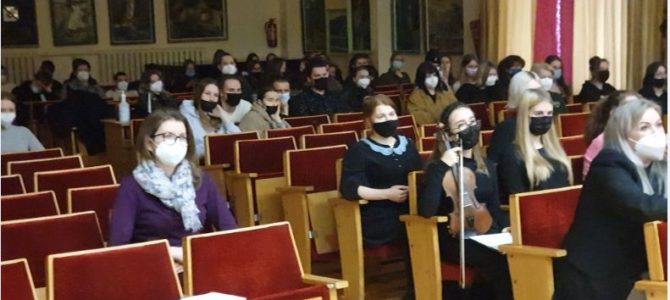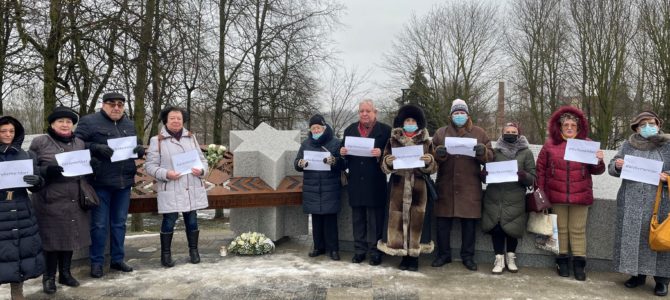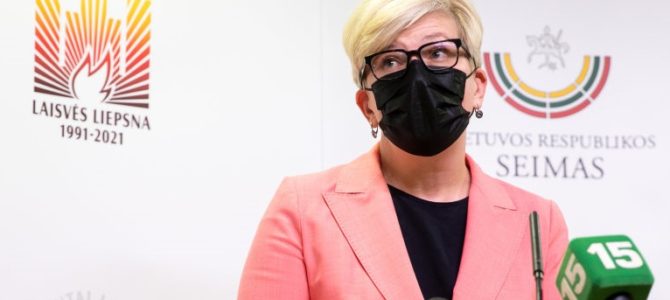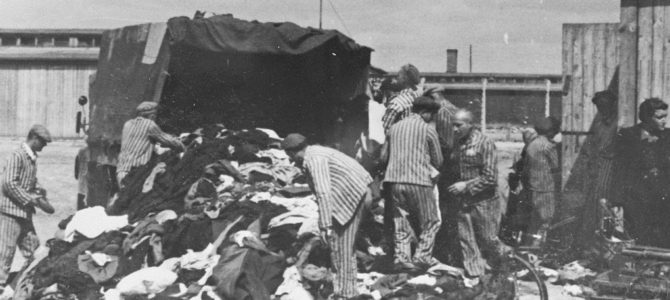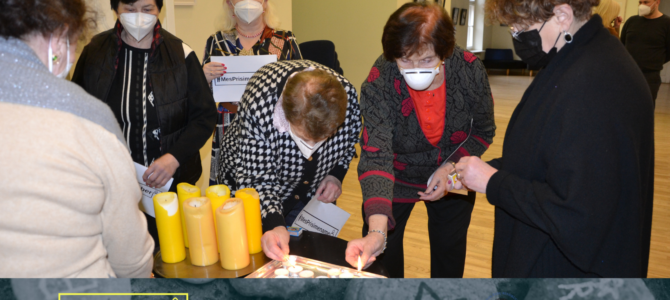Eastern Europe’s post-Soviet “new democracies” have taken to falsely equating Communist and Nazi regimes and denying the role they played in the genocide
Last week a minor miracle occurred, at of all places the United Nations. For only the second time since the establishment of Israel, the General Assembly adopted a resolution sponsored by the Jewish state. In fact, the support for the resolution was so overwhelming that it was approved by consensus, meaning that it passed without a country by country vote, with the only objection registered in the 193 country body by (surprise, surprise) the Iranians.
The resolution itself deserves scrutiny. It expresses concern over “the growing prevalence of Holocaust denial or distortion through the use of information and communications technologies,” and urges all UN members to “reject, without any reservation, any denial or distortion of the Holocaust as a historical event, either in full or in part, or any activities to this end.” It also called upon all UN members “to develop educational programs that will inculcate future generations with the lessons of the Holocaust in order to help to prevent future acts of genocide.”
Symbolically, the resolution was passed on the 80th anniversary of the Wannsee Conference of January 20, 1942, at which 15 leading Nazi officials and SS operatives were informed of the decision to launch the “Final Solution of the Jewish Question,” and the details of its implementation.
Full article here.
















